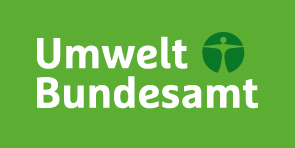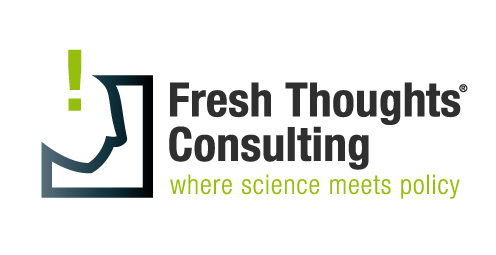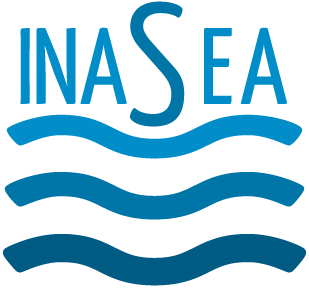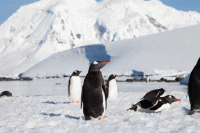Workshop on Tourism monitoring in Antarctica
The project “Tourism monitoring in Antarctica: development of a concept for the monitoring of the effects of tourism on the Antarctic environment or dependent or associated ecosystems in Antarctica.” aims firstly to present the current state of scientific knowledge on the impacts of tourism activities, including the logistics used, on the relevant protected goods of the Antarctic environment. On this basis, secondly, a comprehensive monitoring concept will be developed, providing a set of possible methods to monitor touristically frequented sites in Antarctica and to detect possible changes in the environment.
International collaboration is an important pillar within CEP work and we aim to involve relevant stakeholders – as all of you are – at an early stage to ensure we create a monitoring system that is beneficial to and used by as many parties as possible. Therefore, in the course of the project, we are hosting two workshops.
The first workshop, held on May 28, 2022, in Berlin, set the baseline for our work focused on presenting and consolidating the achieved results thus far, discussing the conclusions drawn at this stage, defining requirements for a comprehensive monitoring concept, and fostering cooperation among participants in this crucial area.
The upcoming second workshop provided an opportunity to further advance our efforts in tourism monitoring in Antarctica and took place from Tuesday, October 10, 2023, to Thursday, October 12 as an online event.
In order to achieve the workshop goals we had three workshop sessions, namely:
- Monitoring possibilities from distance (based on e.g. databases, PVRs, satellite data)
- Monitoring possibilities via ship
- Monitoring possibilities on land
In each session, the relevant drivers/pressures and impacts were presented for the respective topic. Then discussions focused along the following aspects:
- Is relevant data already being collected and if so is there a need to improve this collection?
- Is there an appropriate monitoring method and if not are there methods in other areas that could be adapted?
- What needs to happen so that data gaps can be closed?
- Who could be in charge of data collection?
We anticipated an engaging and productive workshop, enabling valuable discussions and collaborations among experts in the field.
Commissioned by:

with the support of:


